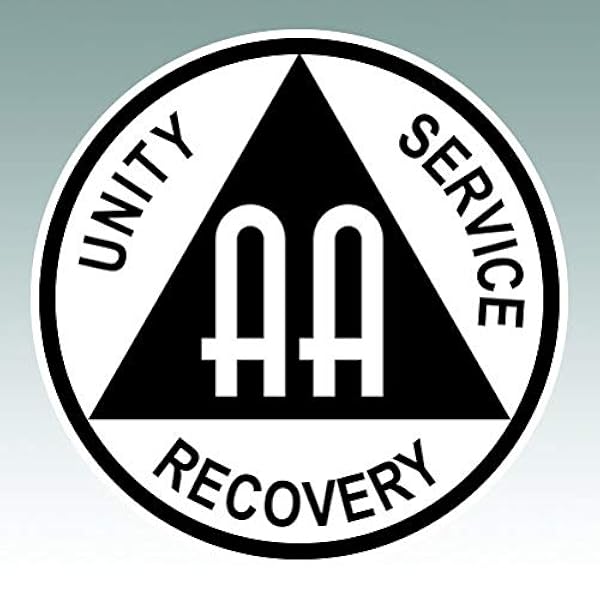Vancouver – Nearly 270,000 British Columbians were tested for hepatitis C in 2018, up from approximately 132,000 in 2011, in an effort to eliminate the disease by finding people who don’t know they are infected so they can be treated and cured.
World Hepatitis Day is on July 28 and the World Health Organization has issued a call to find the ‘missing millions’ of people around the world who don’t know they are infected. It is estimated that 71 million people are infected with hepatitis C worldwide and up to 75 per cent are unaware because they have no symptoms.
If left untreated, hepatitis C causes liver cancer, cirrhosis and other complications that could require a transplant or result in death. Thankfully, new treatments available to British Columbians can cure more than 95 percent of hepatitis C infections. Healthy Pathways Forward: A Strategic Integrated Approach to Viral Hepatitis provides a provincial blueprint to complement, guide and support community and ongoing health authority efforts to address viral hepatitis in British Columbia.

The BCCDC recommends testing if you:
· Are part of the baby boomer generation (born between 1945 and 1965)
· Use or have used injection drugs
· Spent time in the provincial or federal prison system
· Immigrated from or spent significant time in a country where hepatitis C is prevalent
- Are a man who has sex with men
- Received a blood transfusion, blood products or organ transplant before 1992
- Received health care or got a tattoo where equipment wasn’t sterilized or there was a lack of infection prevention and control practices
- Have a history of sexual contact or sharing of personal care items with someone who is infected
- Were born to a mother who has or had hepatitis C.
· Until recently, hepatitis C treatment was only available to individuals who were in the late stages of infection because the available treatments cured fewer than 50 per cent of infections and required 48 weeks of grueling therapy with significant side effects.
· Today’s treatments, called direct-acting antiviral drugs, are effective for 95 per cent of infections, require a shorter eight to 12 weeks of therapy and come with very few side effects.
· Increased testing efforts and improved treatment uptake has started to show their effect by reducing liver-related mortality in B.C. as well as the risk of developing cirrhosis, and liver cancer as shown in recent research by the BCCDC.
· Treatment also reduces the risk of dying from strokes, heart attacks and kidney failure.






